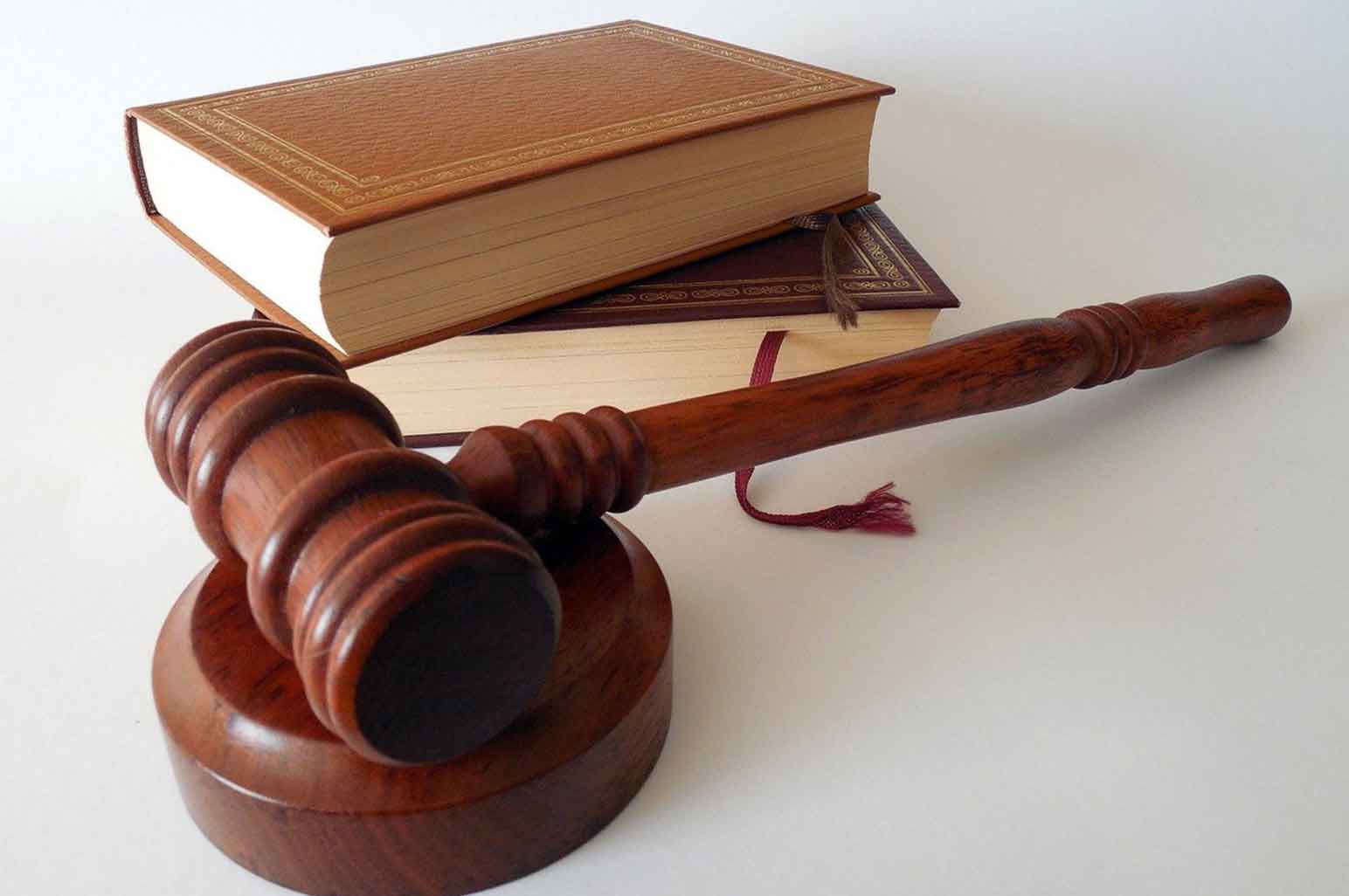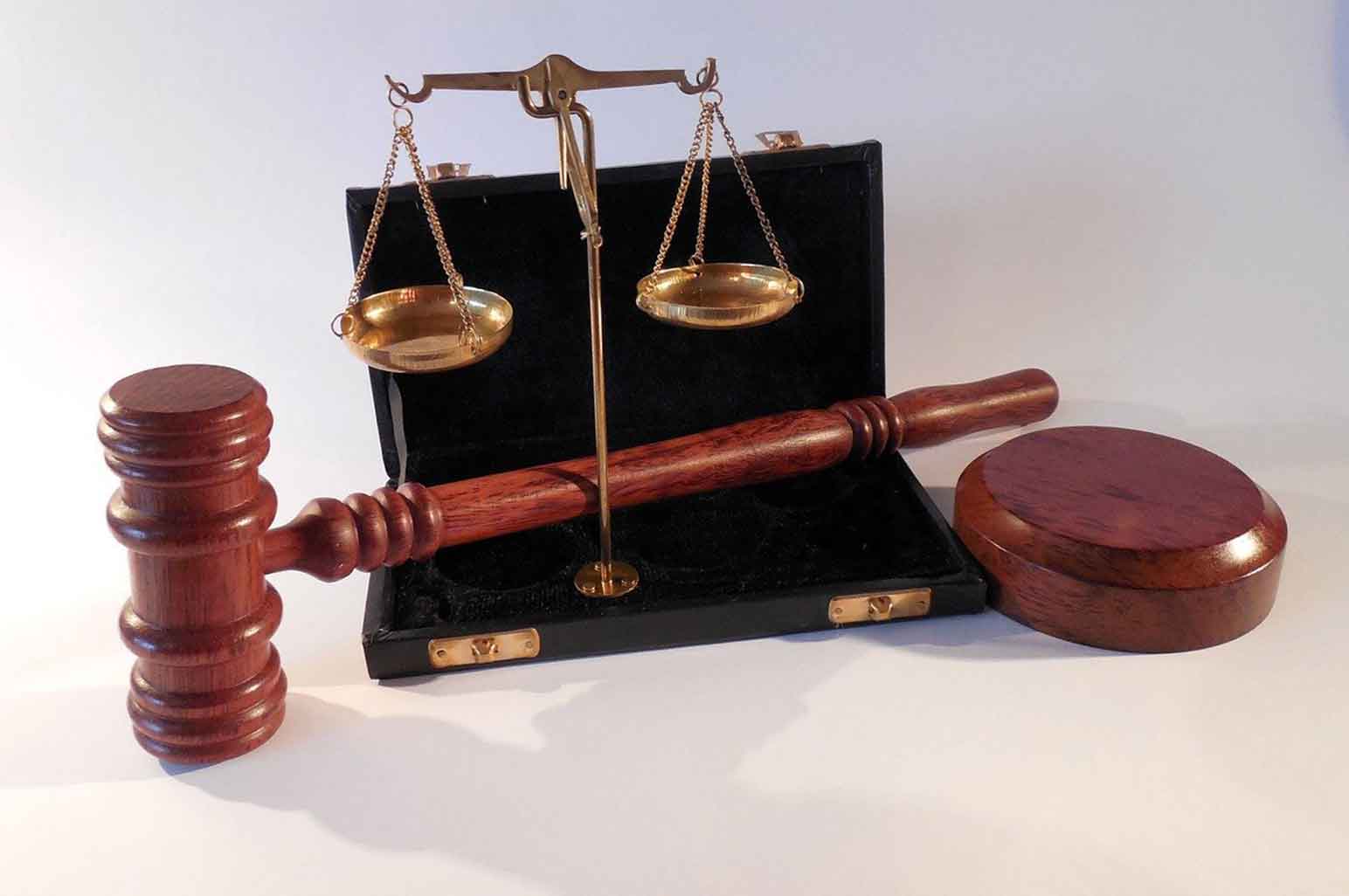Case reviews are complex and challenging to handle. Ideally, case reviews are dealt with by a court registrar instead of the judge. For any charges where an individual can be sent to jail for a particular offense, the court carries out a case review before the trial proceeds. This helps determine whether the charge can be resolved without going to trial. In many cases, every party is represented by an attorney during a case. This includes both the plaintiff and the defendant.

Additionally, you may also represent yourself in court without a lawyer as long as you follow court rules. Some cases can also be handled without the defendant being present. However, you must go to court if you want to be heard in response to the charge.
Please read this post to understand how to increase your chances for a case review.
HAVE A COMPETENT LEGAL TEAM
Sometimes, some legal matters don’t require the use of a lawyer. However, if you’re faced with a situation involving a legal dispute, deal, or challenge, avoid taking chances of doing it alone. You should start by getting legal advice from an experienced lawyer who will help you out. Even though good legal representation isn’t cheap, it will help you avoid some sticky situations. Depending on your legal situation, there are instances when you need to hire a lawyer. A case review is one of them. Attorney’s understand the legal hurdle behind such scenarios and will help you throughout the process.
UNDERSTANDING CASE REVIEW BY REGISTRAR
The registrar handles the case review on the papers without a hearing. However, if there’s something in the case management memorandum, this may require a judge’s attention. For instance, if you seek a sentence indication (the sentence you may get if you plead guilty), there will be a hearing. However, if the registrar determines a case review before a judge isn’t required, you’re required to appear in front of the registrar on the case review date. The registrar will postpone the case until the trial date if it’s a judge. This pre-trial period allows a judge to process matters and ensures the case is ready to proceed for trial.
3. READ THE COMPLAINT
If you’re the plaintiff or the defendant, ensure you reread the complaint. The complaint is the document the judge will have in front of him or her. The judge will be looking for an explanation of the specific items detailed in the complaint. The first task is to prove or disprove (if you’re the defendant) alleged in the complaint. You should then ask yourself: what evidence will I need to prove or disprove the statements? Can I find the witnesses or documents to prove my claim? What has occurred since the time of the incident that is relevant to the case? Does the complaint have all the key elements to back the story? Again, this is where you should work with a professional lawyer to help you with such matters.

4. ASSESS STRENGTHS AND WEAKNESSES OF THE CASE
As the plaintiff, you should review what you need to prove for a successful case. Do you have the relevant evidence to convince the judge? How can you address the weaknesses? Prepare a detailed analysis of every item you must prove and add how you will prove it next to the highlighted item. Does it make sense to try to settle before the trial? As the defendant, evaluate what the plaintiff must prove. Go through the elements the plaintiff needs to prove. Note down each item and list the evidence you think the plaintiff can gather. For every element, note down the weakness you can use to undermine the plaintiff’s side. It would be perfect if you also were sincere when doing this.
5. DOCUMENTATION
You need to have identified all vital documents and physical evidence that you plan to bring. Prepare all these documents before heading for trial. The main advantage of organized documents is that they’ll help you be calm in court. Start by preparing copies for the other side and some for the judge too. Store the originals in a separate folder. If there are several parties on the other side, ensure you prepare copies for each team. Never give out the original copies to the judge or the other parties unless the judge asks you to do so. Finally, ensure you arrange the documents in the order you expect to use them to support your claim.
In a case, you should also understand what happens when you plead guilty. If you plead guilty at the early stage, the judge gives you a reduction in sentence. This means the closer in time you get to trial, the less the reduction will be. Finally, the same case review will also be the last opportunity for you to get a reduction in sentence for a guilty plea. The judge will also notify you of this.
